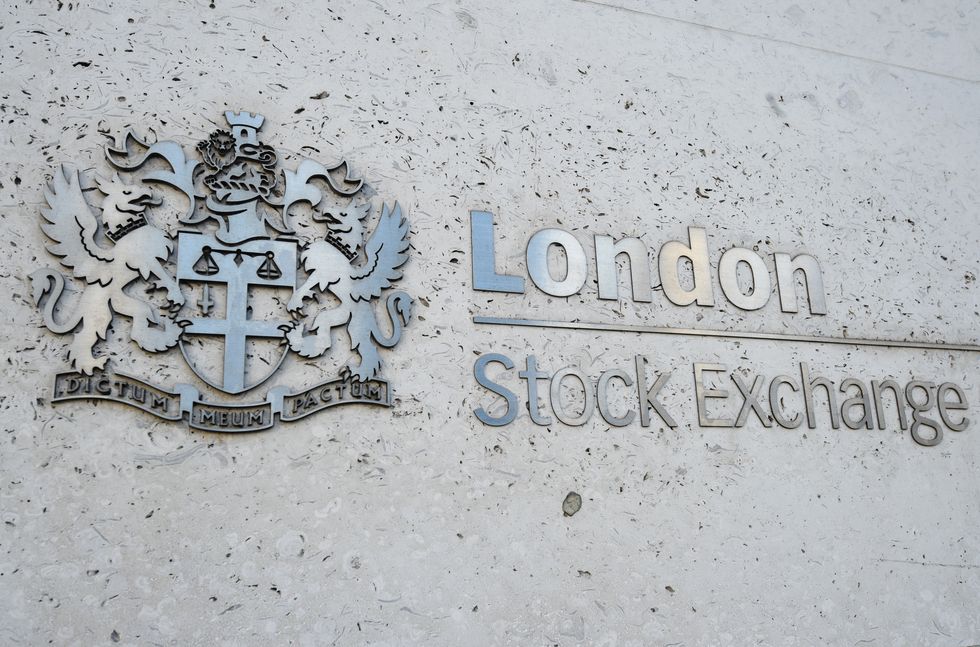Bankers blame BREXIT as UK 'loses position' as Europe's top financial centre: 'It's been a CHAOTIC period'

Data from Bloomberg shows that Paris has leaped ahead and taken top spot for the first time since records began nearly 20 years ago in 2003. | Tim Goode

A former Bank of England policymaker blamed a 'chaotic period' since 2016, claiming the UK economy has been 'permanently damaged by Brexit'
Don't Miss
Most Read
Latest
London has now lost its position as the most valuable stock market in Europe, with a former Bank of England policymaker saying Brexit has “permanently damaged” the UK economy.
Data from Bloomberg shows that Paris has leaped ahead and taken top spot for the first time since records began nearly 20 years ago in 2003.
The French stock market now has a combined value of 2.823 trillion US dollars, marginally above the UK stock market which is worth 2.821 trillion US dollars altogether.
London has now lost its position as the most valuable stock market in Europe, with a former Bank of England policymaker saying Brexit has “permanently damaged” the UK economy.
Kirsty O'Connor
In 2016, the year of the Brexit referendum, British stocks were collectively worth 1.5 trillion US dollars more than those listed in Paris.
These calculations also taken into account currency movements, the pound has dropped 13% in value against the US dollar this year while the euro has fallen by 9.2% against the American currency.
Meanwhile, the success of the UK’s independent trade policy, one of the key reasons for leaving the European Union for many Brexit-supporters, was also questioned by Tory former Cabinet minister George Eustice, who said an agreement reached with Australia was not “a very good deal” for the UK.
The economic impact of the decision to leave the EU was blamed by Mr Saunders for the scale of the tax rises and spending cuts that Chancellor Jeremy Hunt is set to unveil on Thursday.
Michael Saunders, a former external member of the Monetary Policy Committee, told Bloomberg TV there had been a “chaotic period” since the 2016 referendum.
“The UK economy as a whole has been permanently damaged by Brexit,” he said.
“It has reduced the economy’s potential output significantly, eroded business investment.
“If we hadn’t had Brexit, we probably wouldn’t be talking about an austerity budget this week – the need for tax rises, spending cuts wouldn’t be there, if Brexit hadn’t reduced the economy’s potential output so much.”
Michael Saunders, a former external member of the Monetary Policy Committee, told Bloomberg TV there had been a “chaotic period” since the 2016 referendum.
House of Commons
In the Commons, former environment secretary Mr Eustice – who campaigned for Brexit – criticised key elements of the flagship trade deal with Australia, the first to be negotiated from scratch by the UK outside the EU, and a similar arrangement with New Zealand.
“The truth of the matter is that the UK gave away far too much for far too little in return,” Mr Eustice told MPs.
“We did not actually need to give Australia nor New Zealand full liberalisation in beef and sheep. It was not in our economic interest to do so – and neither Australia nor New Zealand had anything to offer in return for such a grand concession.”












